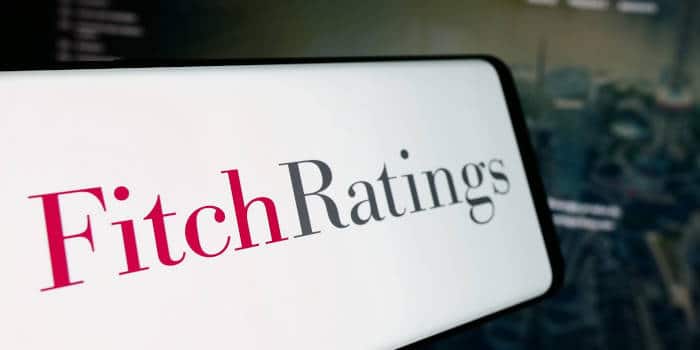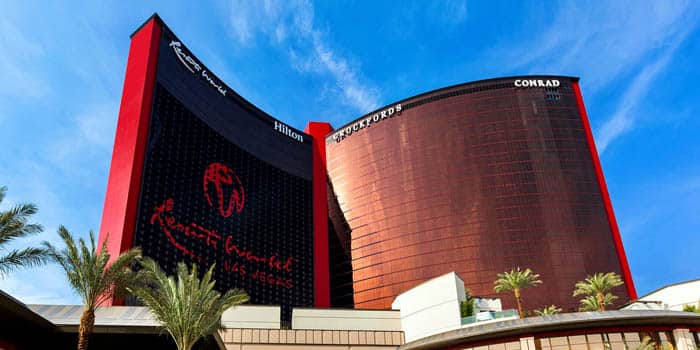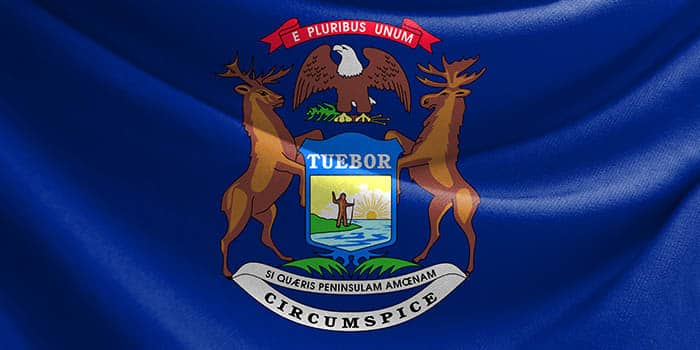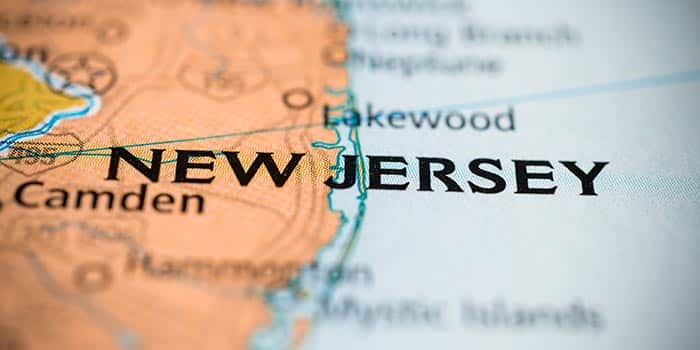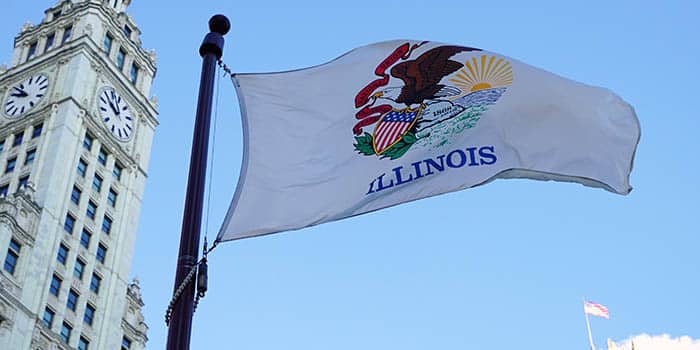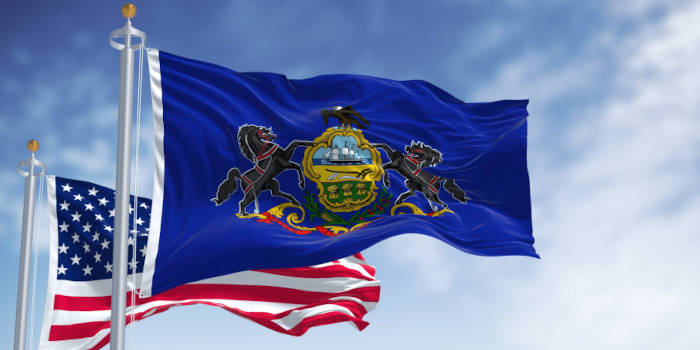- Casino
- By State
- Alabama
- Alaska
- Arizona
- Arkansas
- California
- Colorado
- Connecticut
- Delaware
- Georgia
- Florida
- Hawaii
- Idaho
- Illinois
- Indiana
- Iowa
- Kansas
- Kentucky
- Louisiana
- Maine
- Massachusetts
- Maryland
- Michigan
- Minnesota
- Mississippi
- Missouri
- Montana
- Nebraska
- Nevada
- New Hampshire
- New Jersey
- New Mexico
- New York
- North Carolina
- North Dakota
- Ohio
- Oklahoma
- Oregon
- Pennsylvania
- Rhode Island
- South Carolina
- South Dakota
- Tennessee
- Texas
- Utah
- Vermont
- Virginia
- Washington
- West Virginia
- Wisconsin
- Wyoming
- By State
- Slots
- Poker
- Sports
- Esports
Maryland Sports Betting Takes Shape Following Approval of New Rules

When Maryland finally launches sports betting, it has been predicted that the market could be one of the strongest in the Virginia-to-DC corridor. The state is anxious to prove those predictions right and hopes that the approval of draft rules will provide momentum for the launch of sports betting. The Maryland Lottery and Gaming Commission (MLGC) signed off on a set of rules yesterday, with the public now being given the opportunity to provide its input.
Maryland Sports Betting Close to Launch
The MLGC’s members unanimously approved draft rules yesterday that are now available for public scrutiny. Operators, industry insiders, bettors and the generally curious can take a look and see what’s in store. This first draft is available for feedback for the next 30 days, after which the commission will review any responses and work toward the creation of the final rules. Once that happens and the framework is approved, all that will be left is for sportsbooks to apply for, and receive, their licenses.
Some people might need all 30 days to review the draft rules – there are 228 pages of them. Inarguably, a few of the covenants included won’t make some operators happy, but it’s unlikely the MLGC is going to back down. Sportsbooks are expected to adhere to the mandatory use of official league data (which is another way of saying sports leagues will get a cut of the action), with that data playing a role in the settling of certain wagers. In addition, there will be limits on the length and scope of promotional play allowed during the first year of legalized sports betting.
Maryland to Issue 60 Sportsbook Licenses
Maryland has been a little slower than it anticipated in launching sports betting, but it is almost ready to emerge from the far side of the tunnel. It isn’t likely to see sportsbooks go live before the start of the NFL season, however, and will have to settle for a mid-season debut. When everything is finally in place, there will be as many as 60 sportsbooks throughout the state, each able to operate a physical book, as well as an online alternative. Casinos, racetracks, certain bars and restaurants and other properties are all eligible to apply for a license.
Being eligible and being able, however, are two different things. Even small businesses are looking at an application fee of at least $50,000 for a physical sports betting license, with another $500,000 required if they want an online skin. That will prove to be too rich for a lot of businesses, especially since the state has implemented the league data requirement across the board. Only four states – Illinois, Maryland, Michigan and Tennessee – require the use of official league data by sportsbooks.
But, the smaller businesses will have a little bit of breathing room, which might incentivize them to take the plunge. The promotional play is not going to be taxed for the first year. It won’t be a part of the company’s proceeds in the first 12 months, keeping it out of the taxman’s pockets. However, starting in year two, sportsbooks are on the hook for taxes tied to giveaways. They will also be required to keep promotional play to less than 20% of the sports betting proceeds of the previous year.
Erik brings his unique writing talents and storytelling flare to cover a wide range of gambling topics. He has written for a number of industry-related publications over the years, providing insight into the constantly evolving world of gaming. A huge sports fan, he especially enjoys football and anything related to sports gambling. Erik is particularly interested in seeing how sports gambling and online gaming are transforming the larger gaming ecosystem.
Must Read




